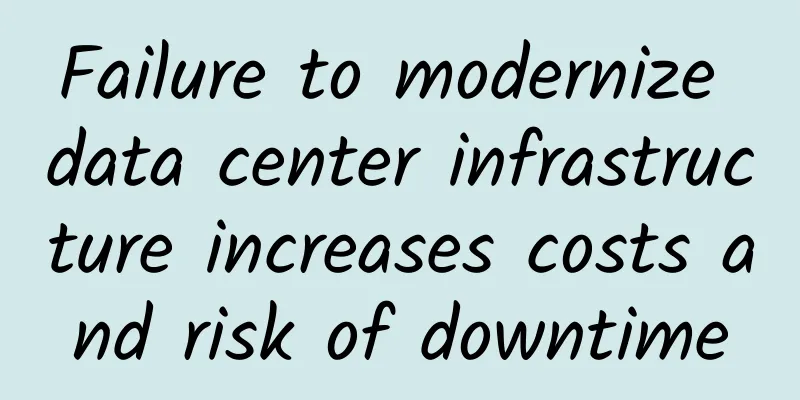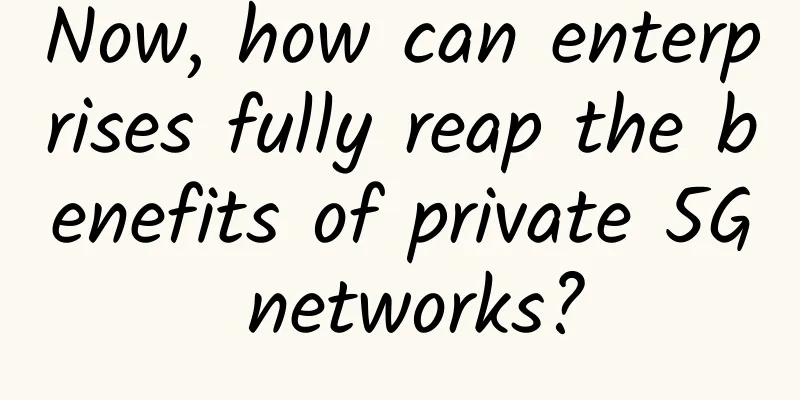Effective Ways to Protect SIP Connections

|
Session Initiation Protocol (SIP) is the underlying standard that governs how devices communicate over the Internet. Like most security issues, a defense-in-depth strategy is necessary to protect SIP. That way, even if one security layer fails, another layer is there to provide protection. Next, let's look at a few technologies that can make SIP connections more secure: 1. TLS 1.3. Transport Layer Security (TLS) is a cryptographic protocol used to protect data exchanged over computer networks, and more specifically, TLS is used to protect web user data from cyberattacks. TLS 1.3 is the latest version of this cryptographic protocol and strengthens the algorithm used to encrypt Internet traffic. Check your SIP infrastructure to determine the version your network uses. To provide backward compatibility, many products use TLS 1.2 by default. Where possible, upgrade to TLS 1.3 (it should be a free upgrade) for enhanced session-level security. 2. Firewall. Don’t forget this first line of defense. Contact your security administrator to review your firewall port configuration to ensure you have the protection you need. If you have a next-generation firewall, determine if you can enable Denial of Service (DoS) protection for the SIP ports. 3. Integrated SIP firewall. Some SIP gateways (usually higher-end systems) have SIP security built in. These gateways won't replace a firewall, of course, but they may have supplemental features that can support an existing firewall. Likewise, remember to look for DoS capabilities, as this type of protection is unlikely to be available with a traditional firewall. 4. Theft of Service (ToS) Analysis . It is critical to protect SIP by protecting your SIP environment from theft of service (ToS). If an unauthorized threat actor compromises your system to make their own voice calls over IP Calling, this additional burden can result in poor voice quality and performance that can impact legitimate users. Perform regular security analysis—at least quarterly—to review call and usage logs from your SIP gateways. Calls from all over the world that have no business connection with your company could be linked to a security breach. Finally, do not use default administrator credentials on the gateway. These could be used by unauthorized individuals to compromise the security of the SIP gateway. |
<<: 5G VS Wi-Fi6: What are the differences in technology? Which one is more mature in application?
>>: 5G messaging is entering a development phase
Recommend
The world's first non-cellular 5G standard has been released, with a higher connection node density than NB-IoT and LTE-M!
Recently, the DECT-2020 NR standard launched by t...
If you understand long-distance relationships, you will understand how to configure switches.
We have explained the configuration of switches m...
9 steps to a trouble-free Wi-Fi upgrade
In many offices, Wi-Fi represents the great break...
RAKsmart: 1-10Gbps bandwidth unlimited traffic server starting from $149/month, San Jose/Los Angeles data center
This month, we have shared RAKsmart's New Yea...
Juniper Networks' Shaowen Ma: The best SDN controller for cloud computing
[51CTO.com original article] The interview with M...
In 2018, Donghua Network Intelligence built a powerful IT operation and maintenance engine "comprehensive monitoring + process management" which was popular
[51CTO.com original article] In recent years, pro...
Three-minute review! A quick overview of 5G industry development trends in October 2021
After the rapid development in 2020, 2021 is a cr...
Three considerations to spark innovation on the modern web
Today’s networks may not adapt well to changing n...
Ruijie won the Intel "Strategic Cooperation Award" and further deepened its cooperation with Intel
Recently, the 14th Intel Internet of Things Summi...
5G services market expected to exceed $919.4 billion by 2031
According to a recent report by Transparency Mark...
The Role of Machine Learning and AIOps in Network Performance Management
Before the pandemic brought a shift in business o...
UK government to phase out 2G and 3G mobile networks by 2033
Britain said on the 8th that it will gradually ph...
[11.11] Maxthon consoles are 32% off, top up 611 yuan and get 111 yuan for free
Aoyo Host (aoyozhuji/aoyoyun) has launched this y...
What is a wireless access point?
Wireless access points are ubiquitous in modern n...
What is the impact of major players withdrawing from the LoRaWAN network on China?
According to foreign media enterpriseiotinsights,...









